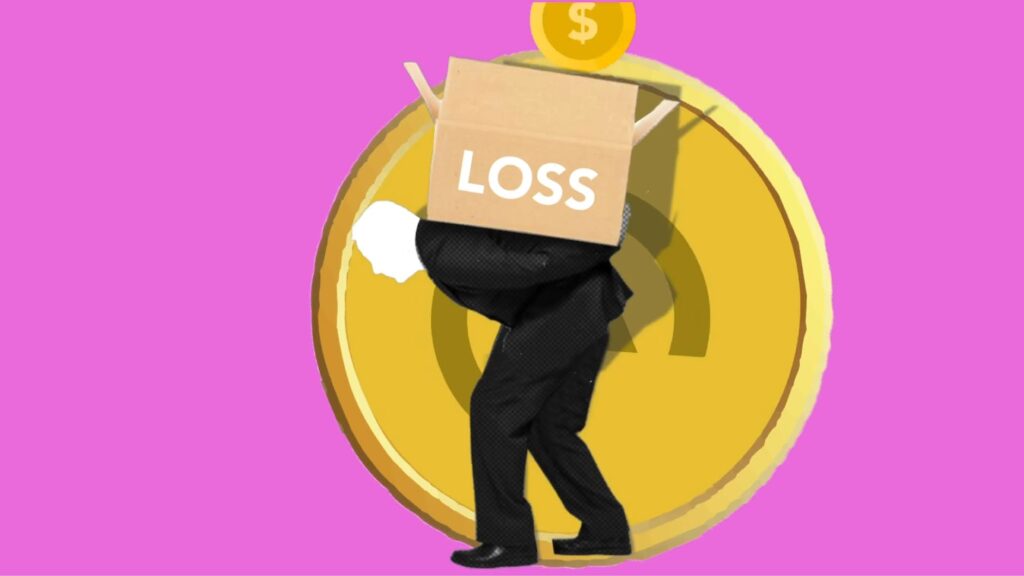What a crazy time we are living in. The recession we are facing now has worsened the economy even more. We now faced a US debt crisis of over $930 billion. To put that in perspective, credit card debt has grown over 18.5% in just a year.
The sad reality is that Americans don’t care about whether they are in credit card debt or not. 30% of Americans have between $1,001 to $5,000 worth of credit debt. 15% have $5,001 or more and 6% have more than $10,000 worth of credit card debt.
Why the Craze?
In a recessionary environment with higher interest rates, people with debt will be feeling the pinch a little bit more. That’s because as interest rate raises, credit card interest raise as well. If you owe any debt to your credit banks, it’s best to pay it off ASAP.
With no end in sight with monetary easing, people with debt right now will be feeling the pinch greater than others. Unless you are using debt to provide equity-like real estate, taking on negative debt will slowly spiral down.
Lower and middle-income family groups are the people that are affected the most. This income group often spend their credit card on grocery items and other necessity.
Why Heavy Spending on Credit Cards is Dangerous
The danger of spending on your credit card is many individuals do not actually watch their spending habits.
Myself included!
The deeper your debt becomes, the more borrowing you do without paying it back. Debt may cause stress, sadness, health problems, family issues, and a host of other challenges. Bankruptcy may also happen if the debt is not managed over the long term.
How to Limit your Spending
You need a solution!
Reckless spending can be dangerous especially if you don’t know how to control your spending habits. Here’s how you can limit your spending and save enough save up!
Use a Debit Card
First, you will need a debit card. Unlike credit cards, debit cards have limited spending based on how much you have on the card. That way you can keep track of your spending habits and not overspend.
Tuck away your extra cash
At the end of every month, tuck some of your extra money into a high-interest savings account and let it grow until you have at least 6 months’ worth of emergency fund(=6 months’ worth of expenses), that way you can ensure during rainy days or unforeseen emergency that you have the cash ready for it.
Money Manager
There are two ways to go about this. You could look for a financial advisor to guide you on your spending habits or download the Money Manager app that helps track your spending. By understanding where each dollar of yours is going, you can better control how the money flows for you.
Invest the rest
If you have any savings after building up your emergency fund. You need to start investing. Investing for the future lets your money grow while you do your day-to-day job. As your investments grow, you are taking one step at a time closer to financial retirement.





